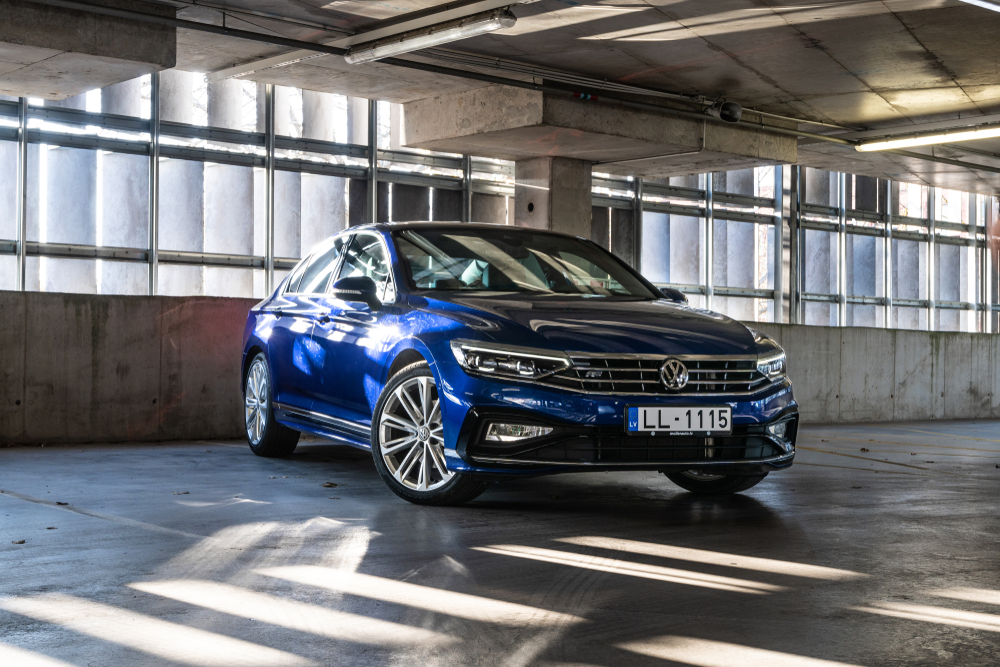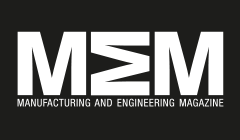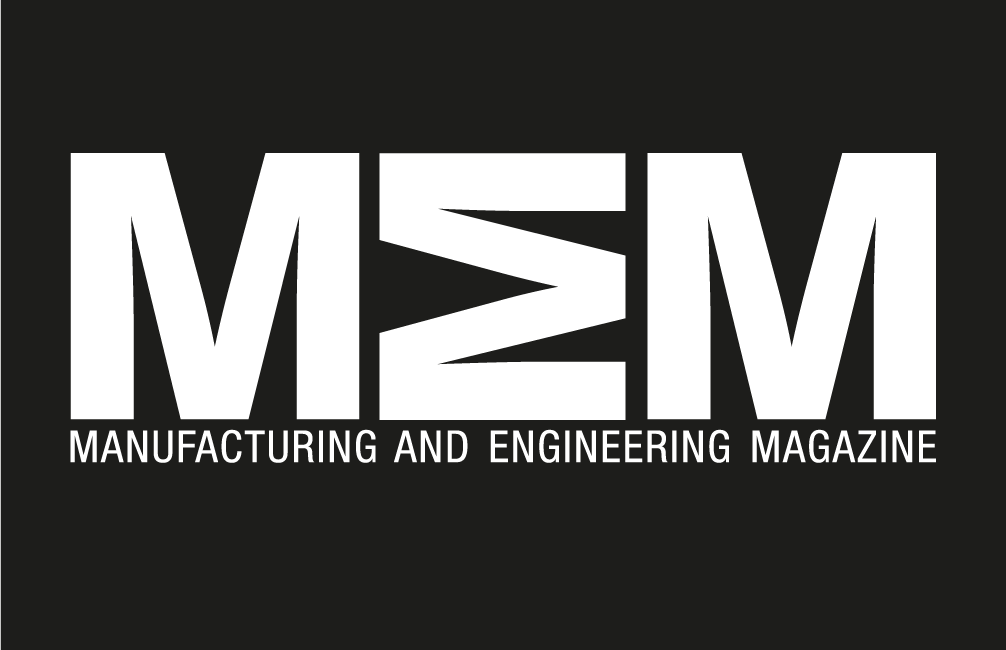General Motors Joins the Driverless Car Movement

Multinational corporation and automotive sector leader, General Motors (GM) has announced that it has procured the San Francisco-based self-driving vehicle startup, Cruise Automation. With this latest acquisition, GM has pledged its commitment to the driverless car movement alongside fellow global giant, Google. Since its establishment in 2013, Cruise Automation has quickly become established in driverless technologies, and has developed and tested a number of products and methods over the last few years. The company will remain a separate arm within GMâs new, Autonomous Vehicle Development Team. The division, dedicated to the development of autonomous automotive technology, will continue to be led by Doug Parks. Dan Ammann is hopeful for the future of driverless cars, suggesting that fully autonomous vehicles would deliver greater convenience, lower cost and improved safety to customers. Founder of Cruise Automation, Kyle Vogt, shared a similar vision of improved safety and mobility, describing the partnership as a ground-breaking and necessary step toward rapidly commercialising autonomous vehicle technology. Alongside the acquisition of the software expert, GM is expected to make a flurry of investments geared toward realising fully driverless vehicles in the near future. That will include placing significant emphasis on staff training and research, as well as plant and production facilities. This latest partnership follows a long line of collaborations for GM since that start of 2016. After purchasing ride-sharing company, Lyft, GM formed Maven, a personal mobility brand with its own dedicated to car-sharing fleet. Indeed, the company has a long history of high profile acquisitions and partnership, in many respects, using others to feather its core interest in research and development. GM has been at the front of innovation in the automotive sector and was the first to release an all-electric automobile and has continued to be a leader in flexible fuel vehicles. No doubt, the company will be hoping for much the same success with this latest venture.
Emissions Scandal Keeps VW Under The Microscope

While VW sales haven’t fallen significantly in the UK, prosecutors in Europe are sharpening their swords as the emissions scandal fallout continues to fester. France called it “aggravated fraud” as it launched a probe into VW’s emissions practices that saw it acknowledge it had cheated the process in order to make its cars appear more efficient than they may be during normal use. In September last year VW held its hands up, saying up to 11m diesel cars had software-based devices implemented on them to ensure readings of nitrogen oxide levels would fall below acceptable levels. German prosecutors have revealed they have increased the number of VW employees to be investigated as its chief executive Matthias Mueller warned staff the company would suffer from a “substantial and painful” impact on both its finances and reputation. Shares within the company fell 4% after Mueller’s comments. The true cost of the emissions scandal to VW could hit the company by as much as $50bn after lawsuits, fines and other expenses are taken into consideration. French authorities are now weighing in on the investigation following an inquiry in the autumn of 2015. A Paris prosecutor confirmed it had found evidence that proved VW had cheated. Indeed, France was quick to launch its investigation after the revelations first came to light after US regulators noticed the issue in late 2015. 100 cars were quickly tested from a range of car-makers, both domestic and international, to check emissions levels. In January it said its research had found VW to be cheating the system. Nathalie Homobono, part of the prosecution’s team, said VW had cheated with what she termed “intent”. Furthermore, German prosecutors are targeting individual employees. Having investigated six members of the VW workforce, it has widened its investigation to as many as 17 employees. At this time it isn’t known whether the ten previously suspended senior managers are part of the latest investigation.
Penso Hits the World Stage With Pioneering Train Door

A Coventry-based manufacturer is currently at a major trade conference in Paris to unveil two of its latest products. Over the next three days, world-leading manufacturing specialist, Penso is showcasing pioneering vehicle door designs for use in rail and automotive sectors at JEC World 2016. The innovative vehicle doors, offer a 30% reduction in weight compared to current aluminium models. JEC World is the largest composites industry organisation in the world with a network of 250,000 professionals and its annual conference is one of the biggest events of the manufacturing calender year. Michael Collins, Marketing and Sales Director at Penso revealed that a number of train manufacturers had already expressed interest, and were thinking about investing in the new products. No doubt the company will be hoping to convert that interest to orders. Penso is one a few companies to conduct research in composite chassis modelling and its products, if taken up, will be the first major change the rail sector has witness in some five years. The company designed and produced its own tooling equipment specifically for the production of the state-of-the-art composite door, press-forming the product at its composite facility in Coventry. Both products have each been rigorously tested for flaws and operational performance, emerging as robust yet lighter alternatives to existing products. The significant reduction in weight to be had has been a major draw for operators and manufacturers for which efficiencies are the principal challenge. By reducing the overall weight of the train or automobile, the amount of fuel needed is, in turn, drastically reduced. What is a proportionally small investment then presents significant long-term advantages. As such, Penso is hoping to achieve orders worth million of Euros by 2017. Alongside the pioneering train door, the composite speciality will also be exhibiting elements of the VARCITY programme it has carried out in conjunction with various blue chip organisations and automotive leaders. The £16.8m project is geared toward developing new carbon fibre body technologies that are more commercially viable. Jaguar Land Rover, Expert Tooling, Warwick Manufacturing Group and Sika are amongst the list of partners for the project. Manufacturing & Engineering Magazine | The Home of Manufacturing Industry News
Jobs Secure Thanks To Nissan In Sunderland

Nissan’s presence in the North East remains as strong as ever. It set up a base in Sunderland in the summer of 1986 and the first Bluebirds were coming off the production line shortly after. The initial £50m base has grown massively since then and thanks to £3.7bn of investment will enjoy an even greater presence. It’s fantastic to see such economic development in an area that has suffered in the aftermath of the recession. The latest investment will see Nissan employ in excess of 6,500 people, offering above average salaries with career development opportunity. It will help regenerate a region which suffers from high unemployment. Staff at Nissan are duly rewarded for their efforts, says Keith Watson, a veteran production supervisor. He’s been with company since 1985 and calls the trim and chassis line his home. He says that initially the production line would produce four cars in a day. When the bosses said that must increase to six cars per day, the staff panicked, thinking they were already at capacity. But investment ensured that level could be achieved. Today, the factory is producing 2,000 cars per day. Innovative working procedures have enabled the production of so many cars. This has included the use of ergonomics and technology to reduce worker strain while simultaneously accelerating production speed. For example, seat shuttles developed in-house allow workers to be continuously transported to the areas of the production line where they are needed. This avoids physically walking among the various mechanical elements of the facility. Robotics have also come into play with the body-shop progressing from manual welding to 93% automation. The new welding facility for the Infiniti, the luxury brand that Sunderland has just begun producing, is completely automated with 141 robots. Staff, unsurprisingly, want to enjoy long careers with Nissan. Turnover of staff on the production line is low – just under 4% compared to the UK average of 13.6% – while some of the firm’s earliest employees now enjoy senior management roles.
R&D Credited as Automotive Sector’s Route to Success

Putting money into R&D really pays off – at least thatâs the shared vision of the worldâs leaders in the automotive sector. Following the release of some of the biggest car manufacturersâ R&D spend figures, the automotive sector has cemented its position at the forefront of innovation. The importance of research and development (R&D) is well-documented. Businesses understand it to be a critical stage through which to develop new practices and products. From innovation comes the opportunity to further growth and continued viability. Despite being considered a valuable tool with which secure the future, R&D never fails to prompt discussions about input and output; whether, in financial terms, you ever really get back what you put in. Determining how much you ought to spend on R&D to get the best results, is quite the task though, if leading automotive manufacturers are anything to go, that figure is in the billions. Last year, international business expert, PwC, reported £78 billion was spent on R&D in the automotive industry and domestic car manufacturers racked up the biggest bills by far. Volkswagen led the pack, investing a huge £10.9bn in R&D. Following last yearâs emissions scandal, the manufacturer has renewed its commitment to fuel efficiency and green travel. Those ambitions will culminate in the release of the Mk7 Golf in 2018, a vehicle expected to be the most efficient available on the consumer market. Second and third place in the R&D stakes â Toyota and Mercedes respectively â barely came close to Volkswagenâs figure though still spent a hefty £6.6bn and £5.5bn each. GM and Ford complete the top five while Honda, BMW and Nissan also spent several billions on R&D apiece. Major tyre and parts manufacturers, including Continental and Aisin Seiki (a subsidiary of Toyota) also put up significant R&D figures, finalising the automotive industryâs hold on the sector. Although itâs hard to truly discern to value of R&D, reflecting on the automotive sectorâs continued success, it appears the pay-off of major investment is not to be overlooked. Itâs only as a result of regular and significant emphasis on innovation that customers are able to travel more easily and comfortably, and our shared carbon footprint is drastically reduced.
12-Year High For New Car Registrations

The UK is currently experiencing a 12-year high for new car registrations. Last month more than 83,000 new vehicles made their way onto UK roads, an increase of 8.4% compared to February last year. The figures, which were released by the Society of Motor Manufacturers & Traders, were due, say commentators, on an increased demand from private buyers. Indeed, the increase within the private buyer market was up 22.6% compared with the same period in 2015. The news comes only a day after 75% of SMMT members stated that if the in-out referendum on the UK’s membership to the EU was held now, staying “in” Europe would be the best for British-based businesses. The boost in sales also saw green vehicles enjoy their fastest growth with 2,221 alternative-fuelled cars registered. That’s nearly 20% higher than last year. Petrol and diesel car registrations accounted for just over 81,000 sales, more than 10% and 5% higher respectively on sales in 2015. The only fall occurred in the fleet-car market where demand decreased by 1.4%. However, the sector still accounted for more than half of new registrations. Of the new models registered in February the most popular model was the Ford Fiesta (4,507 new cars were registered). The Volkswagen Golf, fighting back after its recent poor press because of the emissions test debacle, was a distant second but still recorded over 2,500 units sold. Ford enjoyed further success with the big-selling Focus while the Nissan Qashqai and Vauxhall Corsa also saw strong sales. Certainly, it has been a successful year all-round for the car manufacturing industry. The 253,073 cars registered to date add up to a 4.7% increase on last year with alternative-fuelled cars showing the biggest growth. Month-on-month car registrations continue to spike ahead of the plate change in March. February is typically a quiet month, said SMMT chief executive Mike Hawes. He noted that the “positive performance” and “encouraging” results puts the sector in a prime position for the coming year.


